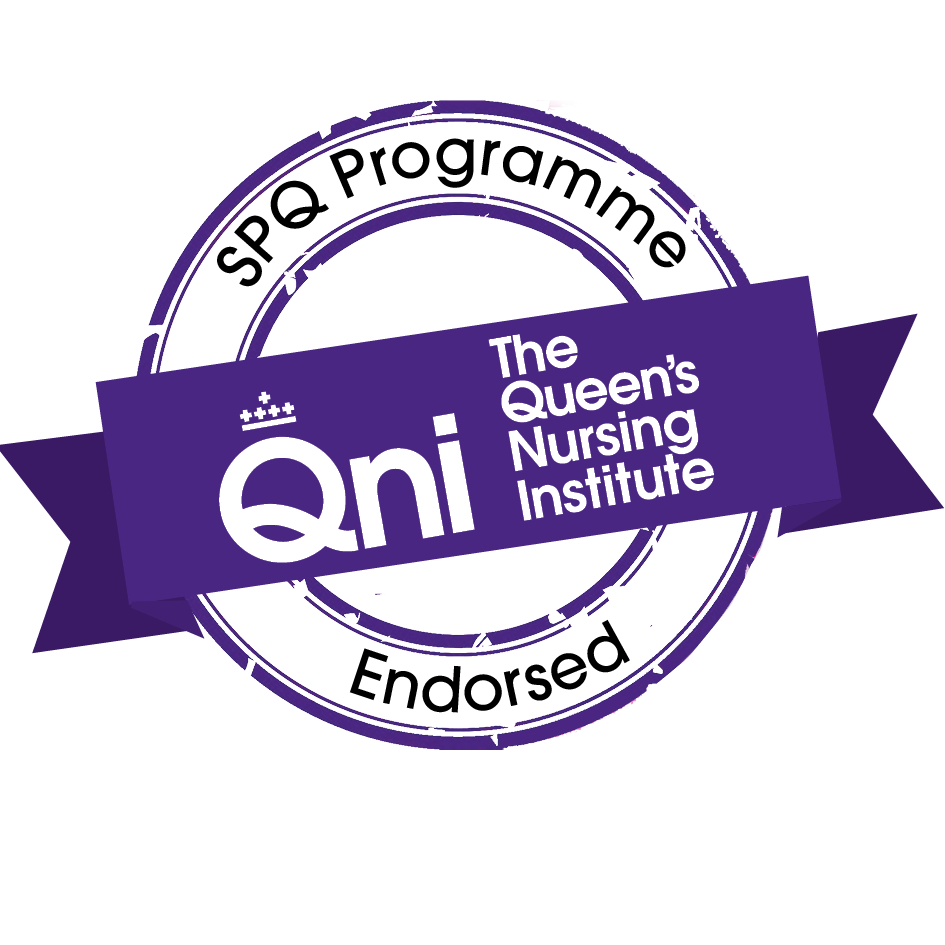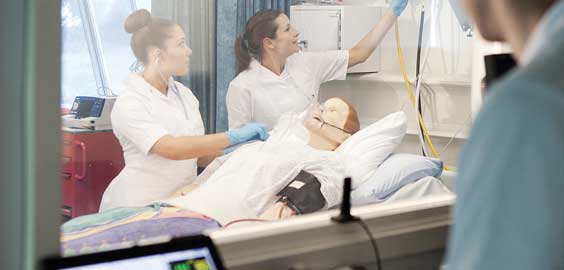Northumbria University has an established reputation for excellence and innovation in nursing education to build on the future nurse standards in meeting the Community Nursing Specialist Practice Qualification (SPQ) - The Nursing and Midwifery Council (nmc.org.uk).
The Community Specialist
Practice Qualification (SPQ) programme is designed to equip postgraduates with
the skills required for community specialist practice and there are four
pathways to choose from: District Nursing, General Practice Nursing, Adult
Social Care Nursing and Community Children’s Nursing.
The GPN role is constantly developing and currently as more
care management is delivered from a primary care perspective, this will
continue. As practitioners in general practice deliver care across the age
spectrum, this role offers an opportunity to deliver specialist and
high-quality care across a wide spectrum of presentations and stages of health,
wellbeing, and illness. The role provides continuity of care, often negating
the requirements to seek medical appointments, and delivers care in a collaborative
approach with patients and their carer’s and/or families as appropriate. The
course will offer you the opportunity to develop within a stimulating and
multi-disciplinary learning environment, on a personal and professional level,
resulting in high quality, evidenced based care provision for your patients. It
will offer you the opportunity to expand your leadership skills and be
confident in-service improvement developments.
Each pathway has a
distinct approach to its delivery; however, all share a more practice focused
delivery, with a 60/40 split between clinical practice and protected learning
time at Northumbria University respectively. This ensures that the specialist field
of practice focuses on the specialist skills required for the pathway and is
evident in the optional modules and as pathway-focused learning and teaching
across all modules.
Students also benefit
from integrated learning with fellow community specialist practitioner
students. This programme has been innovatively designed and coproduced with a
vast range of stakeholders from all pathway routes in both health and social
care, to truly reflect contemporary specialist practice, need and service
provision requirements.
Why study Community Practitioner at Northumbria?
Top School: General Nursing at Northumbria is ranked 2nd in the UK by Guardian University Guide 2026.
Research Powerhouse: Allied Health Professions, Dentistry, Nursing and Pharmacy at Northumbria is ranked 8th in the UK for research power (REF 2021).
What can I expect from this Specialist Nursing Masters?
Registered nurses already hold recognised knowledge and skills of the profession from the Standards Framework for Nursing and Midwifery Education. This ensures that across all fields, registrants can deliver holistic care needs to people they encounter with a range of mental, physical, cognitive, behavioural, social, or spiritual needs. The Standards of Proficiency for Community Nursing Specialist Practice are designed to recognise new models to meet the diverse needs of people of all ages, in their home, in settings close to home and in the community.
These Standards of Proficiency for Community Nursing Specialist Practice will provide additional knowledge and skills for postgraduate community nurses to record Specialist Practice Qualifications on the NMC register. Equipped with the SPQ qualification, these community nurses will build on these proficiencies as they gain cultural competence, experience, and fulfil their professional responsibility. They will demonstrate their commitment to develop as a specialist community practitioner, building a career pathway, and engaging in ongoing education and professional development opportunities necessary for revalidation.

 Option for Placement Year
Option for Placement Year Option for Study Abroad
Option for Study Abroad














